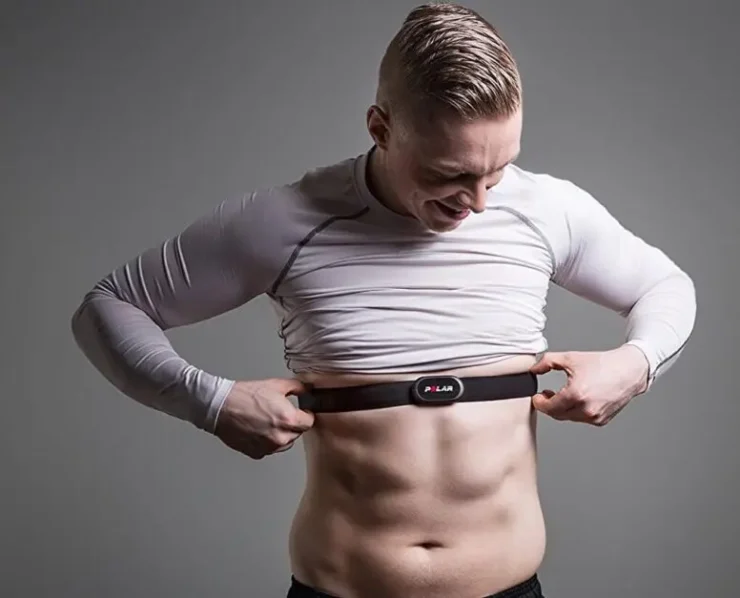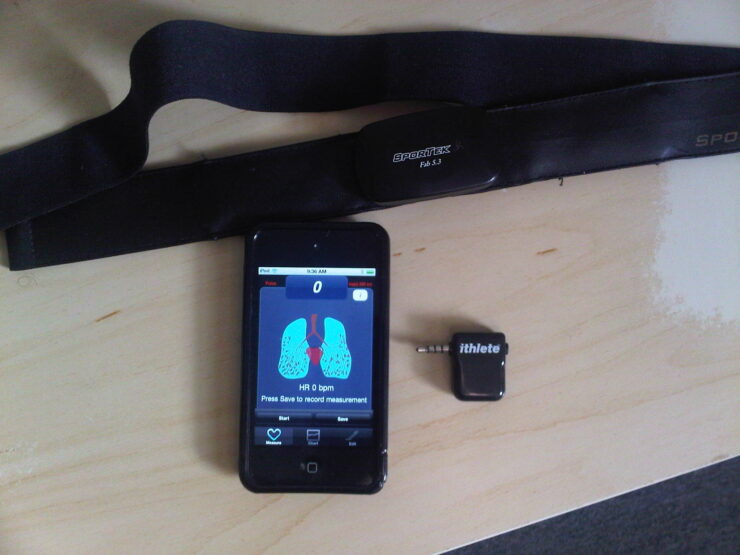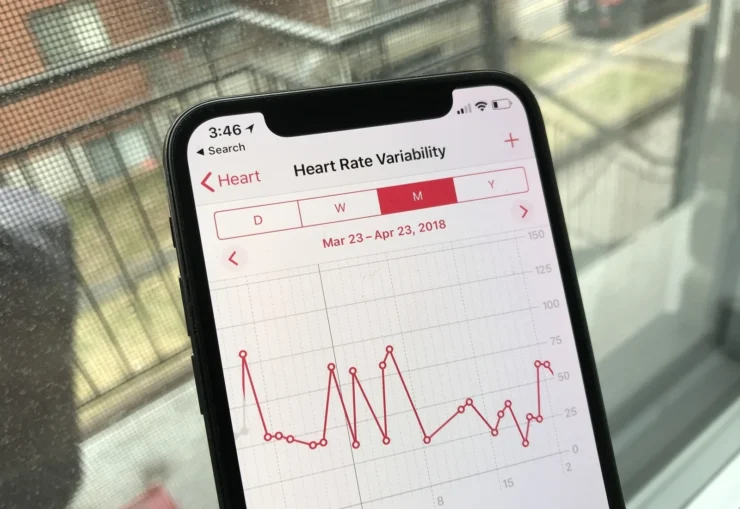Heart rate variability is a concept that one needs to understand before starting to use heart rate variability monitors. Heart Rate Variability is the space in the time frame that one notices between two consecutive heartbeats. HRV is measured or observed through a monitor, which helps professionals understand how your heart is beating.
Measuring the heart rate variability is not strictly a medical procedure and is used more on the line of measuring your physical fitness and your body’s response to new activities. Today, there is also the advent of the hrv app that you can directly install on your phone for better access. Now we will tell you about all the essential things that you must know about HRV monitors:
1. Relation to Autonomic Nervous System

The primary concern of anyone measuring heart rate variability is to check for adequate physical wellness. This is calculated during recovery from a specific element or in a particular context where the measure of the body’s performance to a certain stimulus is required. The heart rate variability starts from the autonomic nervous system. When the parasympathetic nervous system is responsible for the decrease in your heart rate, the sympathetic nervous system causes a spike in heart rate.
An important thing to understand now is that your heart rate is not directly related to your heart rate variability. Even if you have 60 beats per minute, the variance between two consecutive beats can be uneven. This uneven time frame between beats is called variability. The higher the variability between two consecutive heartbeats, the better the heart is liable to perform in different challenging environments.
2. Accuracy of Use
Measuring the variability correctly is extremely important because even the slightest of errors can give you wrong results, which will cause an inaccurate diagnosis. The measurement needs to be precise so that the variance between each pair of heartbeats is reliable enough to base conclusions on. You can know more with Welltory.
A good HRV monitor will offer a minimal margin of error and will provide one-millisecond accuracy. Another important aspect that one needs to know about HRV monitors is that they should function well across people of different age groups. Different devices will help measure the variability through different methods. Usually, it is done optically by detection of the blood flow at the ear or the wrist. If the device is used in a proper manner, the results can be informative without any margin of error.
3. Use of HRV Monitors

Numerous practical applications can be achieved through the proper use of HRV monitors. Since the devices in use are diverse, it allows for broad applicability across different demographics and allows for a wide range of data to be collected. The relevance depends on accurate results so that the health-based decisions can be taken accordingly.
HRV monitors are used for making better health plans for a person’s recovery for their general physical wellness. Direct application of using this monitor will improve the quality of life of the participant and help them achieve a heightened state of well-being. It can be used for athletes and sports teams to help them achieve fitness goals. It also has a market for anyone who wants to monitor their health from time to time.
4. Sign of Fitness
The monitoring of the variability is dependent on the autonomic nervous system. So, reading the results will help you understand your body’s response to the parasympathetic and sympathetic nervous systems. If you get a typical HRV result, it simply means your body is functioning optimally in response to both the inputs, parasympathetic and sympathetic. A normal HRV result will tell you that your body is ready for challenging stimuli and will perform well in different environments.
Now, depending on the application, there are times when the heart rate variability may be uneven. If the variability rate is low, it means one input is dominating the other. If you are not doing any kind of physical exertion and are getting a low rate, then it is time to change your lifestyle for the better. After physical activity, however, if you get a low HRV, it is synonymous with the right response of the body where sympathetic activity is dominating over parasympathetic activity.
5. Everyone is Different

Talking about the things you need to know about heart rate variability monitors, you should also know that everyone’s body and their response to their autonomic nervous system are different. This will cause the HRV to be different for different people and groups. One should not try to compare their results with others because of this very reason.
For instance, you need to understand that younger people tend to have higher HRV than their older counterparts. If we compare by gender, then males will fall on the higher side of the HRV as compared to females. You cannot go ahead and compare your HRV to initially it because they will have a higher rate than us. The baseline remains, which means that there are no set criteria for a healthy HRV. One thing of importance is that you can invest in a monitor or get it checked if you want to feel secure in your health and physical fitness.
6. Variation of Variability
Just because a monitor is displaying a different HRV today than what it did yesterday does not mean that there is something wrong with you or the monitor. The environmental factors and a response to them keep on changing, which makes the variability rate change accordingly. Slight differences in HRV are entirely normal and even expected.
The Takeaway
Things you need to know about heart rate variability monitors include how to use them, what to expect from the results and how to manage expectations regarding the variability rate of someone else. You should be understanding that there is no set marker for physical fitness, and it varies from person to person. Your initiative towards perfect health matters the most.

